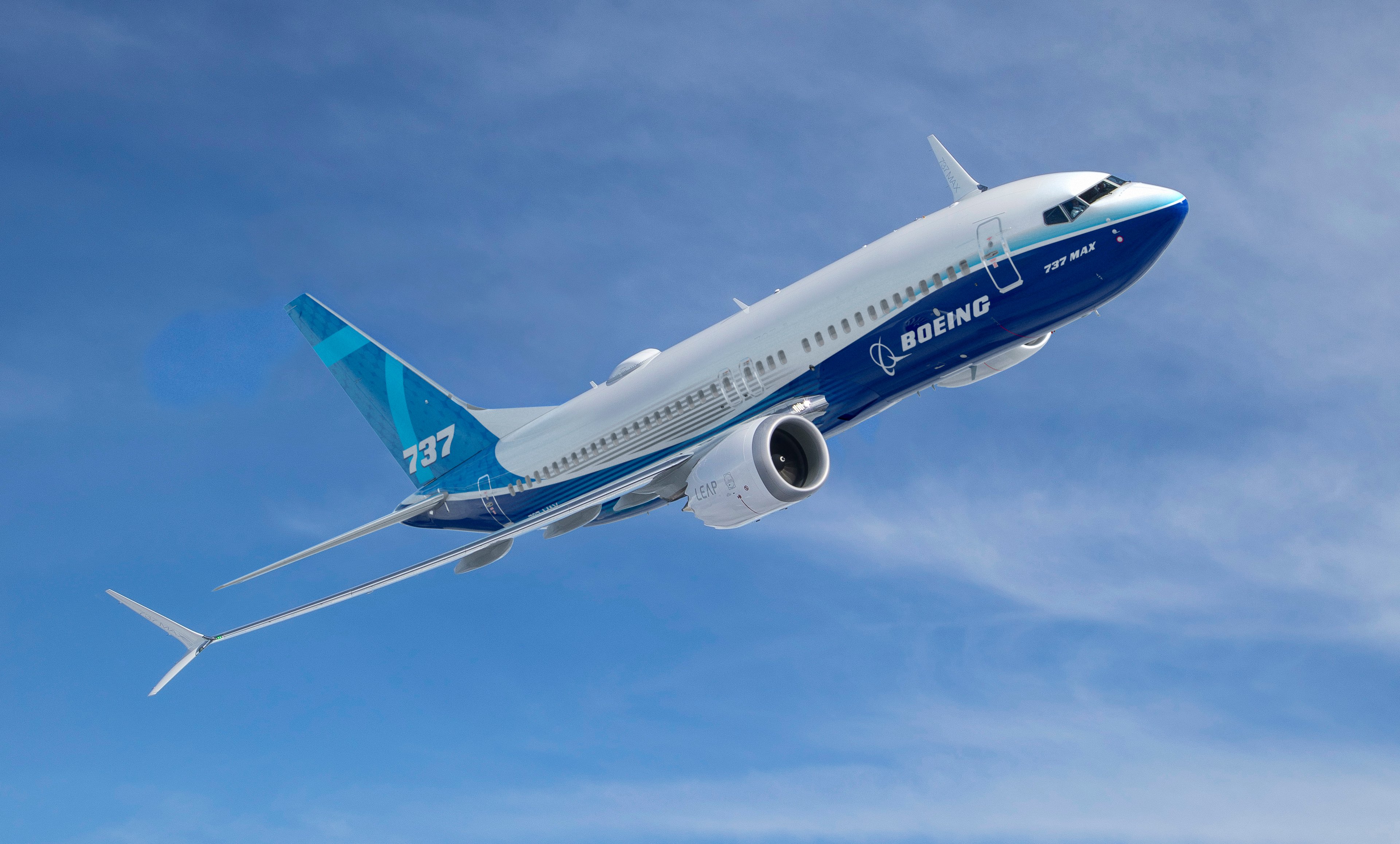
Boeing celebrates the rollout of its 787 Dreamliner. Photo Credit: Boeing.
Some investors are a little baffled at Boeing's (BA +2.99%) stock price rise this year, considering the company's recent turmoil. Boeing's 787 Dreamliner turned into a nightmare, with grounded planes and battery issues that caused many travelers headaches. On the other side of the coin, the new plane's budget overruns and delays similarly pained investors. Despite all of these woes, Boeing's stock is flying roughly 40% higher so far this year. Currently, Boeing trades at a price-to-earnings (TTM) ratio of 18.8 compared to the industry average 18.2 -- but it might deserve an even higher premium.
Short-term
Yesterday Boeing announced that it inked an order from Canada's WestJet Airlines for 65 of its next generation 737 MAX jets, worth $6.3 billion at today's prices. That's just the latest success story in a solid summer season. Boeing rang up 265 firm orders during the Paris Air Show in June, valued at $24.7 billion. On top of that large chunk of change, Boeing received another 127 commitments potentially worth $36.6 billion. The short term looks positive for Boeing, but its long-term growth potential looks even better.
Long-term
Bears will be quick to point out that our government's defense cuts will hurt Boeing, and that's a fair argument. However, long-term growth in Boeing's commercial division, which represents roughly 60% of earnings, will likely be enough to offset the potential losses in its defense division. Check out Boeing's 20 year forecast below:

Information and photo credit: Boeing Company press release.
You read that correctly -- roughly $4.8 trillion is up for grabs over the next 20 years. There's yet another big reason Boeing should trade at a premium to the industry: its enormous backlog of orders.
Secured revenue
Boeing's backlog is worth $410 billion, or about five times the company's 2012 total revenue. That provides a huge reserve of revenue in the event of an economic downturn. Moreover, commercial aviation has had plenty of downturns throughout history, but its recovery quickly follows the downturns. The industry consistently grows faster than GDP.
In addition to Boeing's enormous order backlog, I believe the company also possesses a small competitive advantage. It currently operates in a duopoly with rival Airbus, which has succeeded shutting out competitors despite years of analysts' predictions to the contrary.
For proof, look no further than the recent Paris Airshow. The two juggernauts went head-to-head for billions of dollars in orders, while upstart rival Bombardier's CSeries failed to secure anything beyond small regional jets. The barriers to entry in the aviation industry are imposing and time-consuming because of the technical knowledge required to design and build a desirable large aircraft to meet federal rules and regulations. Because of that, Boeing should only have to fend off its main rival Airbus for the foreseeable future.
Bottom line
In addition to the short-term success, long-term growth, and secured revenue, there is another great point to emphasize for potential investors. Boeing's managers are required to own three to six times the value of their annual base salary, which means they have an incentive for the company to perform well and return value to shareholders.
Boeing's 787 Dreamliner has caused headaches but that isn't unusual for new aircraft. The 787 is very advanced in fuel efficiency which is increasingly important to airlines. As production ramps up and the 787 becomes more profitable it will be an additional boost to Boeing's bottom line. Right now, Boeing's P/E ratio sits about equal to the industry. But I believe that for the reasons outlined above, the company deserves a premium valuation going forward.






